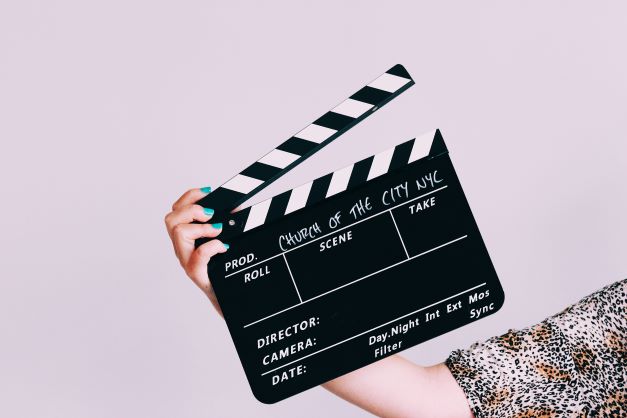
[Flash] Is Goal a 4-Letter Word?
| Every week I urge mentees to set a goal before they meet with their mentors.
And in response, many mentees cringe, wince, scowl, and occasionally glare. Why? How did “goal” become a 4-letter word? 1. Setting goals is confronting, a reminder that we are responsible for creating our path forward. 2. A goal can feel like another project. 3. Goals often emphasize what’s wrong instead of amplifying what’s right. 4. We tend to want to change that which we cannot. Katy Milkman, author of How to Change, distinguishes:
5. We neglect our emotional connection to change. When asked to set a goal, people instinctively focus on what they lack (ex: a title, a raise, a degree, a skill, an accomplishment, a network). At the same time, they’re typically content with their lacking – they’ve learned to live with the insufficiency for now, forfeiting any urgency to change. Fueled by Feelings This emotional connection fuels change… your ambition is on a mission. Finding Emotional Fuel
Apply this same formula to identify your emotionally-fueled goal:
And when it’s significant to you, it becomes significant to your mentor. Goals are imperative. But your ambition on a mission is riveting. © 2023. Ann Tardy and MentorLead. www.mentorlead.com. All Rights Reserved. |







